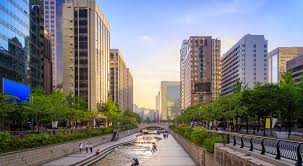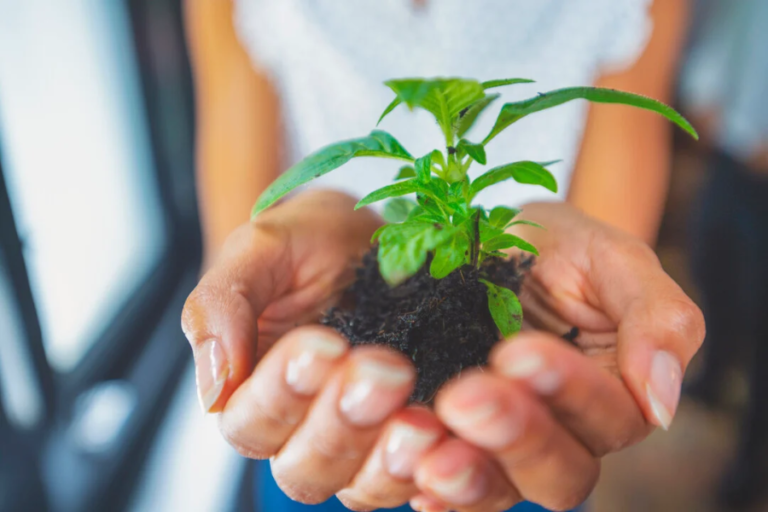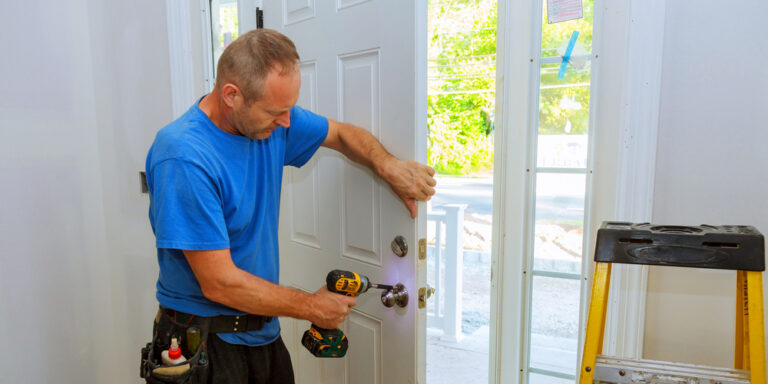Sustainable Urban Living: Tips and Benefits
Key Takeaways:
- Discover eco-friendly living tips suitable for urban environments.
- Understand the benefits of sustainable practices in apartment living.
- Learn how small changes can make a significant impact on the environment.
Table of Contents:
- Introduction to Sustainable Urban Living
- Benefits of Living Sustainably in Urban Areas
- Energy-Efficient Apartment Living
- Water Conservation Tips
- Waste Reduction Strategies
- Urban Gardening and Green Spaces
Introduction to Sustainable Urban Living
Sustainable urban living focuses on adopting eco-friendly practices to lessen our environmental impact while enjoying the comforts of city life. With growing urbanization, finding ways to live sustainably is essential, benefiting both personal well-being and the planet. Flourishing in urban environments like apartment complexes in San Mateo, one can make significant strides in sustainable living by implementing green practices in everyday life. This journey toward sustainability can start small, with manageable changes that collectively make a big difference over time.
Benefits of Living Sustainably in Urban Areas
Adopting sustainable practices offers numerous advantages. Not only does it help reduce carbon footprint, but it also promotes healthier lifestyles. Enhancing urban green spaces, for instance, contributes to cleaner air and improved mental health. According to recent studies, communities that embrace sustainability tend to enjoy a better quality of life overall. These benefits stem from lower pollution levels, increased availability of fresh produce through urban gardening, and a stronger sense of community.
Energy-Efficient Apartment Living
Focusing on energy efficiency in apartments is one way to live sustainably. Simple steps include using LED lighting, which consumes less power, and opting for energy-efficient appliances. Furthermore, investing in smart thermostats can significantly reduce energy consumption, lower utility bills, and reduce environmental impact. Energy efficiency also extends to small habits, such as turning off lights when not in use and unplugging devices to avoid phantom energy drain.
Advantages of LED Lighting
LED lights use up to 75% less energy than traditional incandescent bulbs and can last up to 25 times longer. This helps cut down on electricity costs and bulb replacement frequency. Beyond savings, LEDs produce less heat, making them safer and less likely to contribute to overheating in living spaces.
Benefits of Energy-Efficient Appliances
Modern energy-efficient appliances consume less power and often have advanced features that enhance convenience and performance. This includes everything from refrigerators and washers to heating and cooling systems. The upfront cost might be higher, but the long-term savings on utility bills and the reduced environmental footprint make these investments worthwhile.
Water Conservation Tips
Water is one of our most precious resources; conserving it should be a priority. Install low-flow showerheads and faucets to reduce water usage without sacrificing comfort. Additionally, consider fixing any leaks immediately, as even minor drips can waste gallons of water over time. Collecting rainwater for irrigation, where applicable, is another excellent way to conserve this vital resource. Being mindful of water use, such as turning off the tap while brushing teeth or shaving, can also contribute to significant water savings.
Low-Flow Fixtures
Low-flow showerheads and faucets can reduce water consumption by up to 50% without compromising water pressure, making them a simple yet effective way to conserve water daily. These fixtures are easy to install and can lead to immediate reductions in water use.
Leak Repair
Even small leaks can contribute to significant water wastage. Regularly checking and repairing leaks can save thousands of gallons of water annually, which is both environmentally and financially beneficial. Leaks can occur anywhere, from faucets and toilets to hidden pipes, so a thorough inspection is essential.
Waste Reduction Strategies
Reducing waste is crucial for sustainable living. Start by recycling and composting to divert waste from landfills. Reusable items like shopping bags, water bottles, and containers can drastically reduce single-use plastics. Encouragingly, many urban areas have robust recycling programs that make it easier for residents to participate in waste reduction initiatives. Another effective strategy is to reduce packaging waste by buying in bulk and choosing products with minimal packaging.
Recycling and Composting
Recycling materials such as paper, glass, and plastic reduces the need for new raw materials, while composting organic waste creates nutrient-rich soil for gardening. These practices substantially decrease the volume of waste that ends up in landfills. Setting up a simple compost bin in your kitchen or backyard can help to manage organic waste more effectively.
Using Reusable Items
Switching to reusable bags, bottles, and containers can significantly reduce the amount of disposable items used daily. This simple change can have a profound impact on reducing waste. Additionally, carrying your coffee cup or container for takeout food can help minimize single-use plastics, contributing to a more sustainable lifestyle.
Urban Gardening and Green Spaces
Urban gardening offers a dual benefit: producing fresh, local food while enhancing green spaces. Community gardens can foster a sense of togetherness, reduce stress, and improve air quality. Even small spaces like balconies can support container gardening, making it accessible for apartment dwellers to grow herbs and vegetables. In addition to food production, urban gardens provide habitats for local wildlife, contributing to biodiversity.
Community Gardens
Community gardens enable residents to grow food, providing fresh produce and a space for social interaction. These gardens can transform urban areas into green, productive spaces that benefit the entire community. Participating in a community garden can also provide educational opportunities, teaching members about sustainable farming practices and healthy eating habits.
Container Gardening
For those living in apartments, container gardening is a fantastic way to grow plants in small spaces. Whether it’s herbs on a windowsill or tomatoes on a balcony, container gardening makes sustainable living achievable even in confined areas. Containers can be creatively repurposed from everyday items, making this a cost-effective and environmentally friendly gardening method.
Stay in touch to get more news & updates on Aoomaal.Org!







